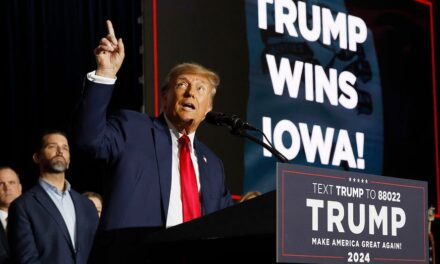As Vice President Kamala Harris faces challenges in sustaining robust poll numbers, a significant critique from a portion of the Black male demographic has come to light. Some Black men are expressing disappointment in what they perceive as her “disingenuous” messaging and are suggesting it contributes to her current struggles in the polls.
Historically, the support of Black voters has been critical for the Democratic Party, serving as one of its most reliable constituencies. Within this demographic, Black women have shown consistent support, but Black men have at times demonstrated varied levels of enthusiasm, particularly in recent elections. This variation is once again reflected in concerns being raised about Harris’ messaging and its resonance, or lack thereof, with Black men.
Several critics within this group point to perceived inconsistencies in Harris’ rhetoric and policy positions as a source of disenchantment. They argue that her speeches have lacked authenticity and fail to convincingly address issues pertinent to the Black community, such as criminal justice reform, economic opportunity, and systemic racism. The sentiment is that her approach seems more aligned with political expediency than genuine engagement with pressing community concerns.
This critical stance among some Black male voters could not come at a more significant time. With the next election cycles approaching, securing a broad and enthusiastic base within the African American community is essential for Democrats hoping to maintain and extend their political influence. The impact of diminished enthusiasm among even a subset of Black voters could have broader implications, as seen in past elections where shifts in voter turnout had decisive effects on outcomes.
The Vice President’s team likely understands the necessity of addressing these concerns head-on. Engaging with grassroots organizations, community leaders, and leveraging strategic messaging may be some of the avenues Harris could pursue to bridge the current gap. Ensuring that her policies are inclusive and directly beneficial to the Black community’s specific needs could progressively rebuild trust and support.
Meanwhile, other voices in the political arena suggest that the critique of Harris also stems from deeper issues of representation and recognition within the political system. The reservations held by some Black male voters might indicate a broader desire for substantive change—seeking leaders who not only look like them but also champion initiatives that make tangible, positive impacts in their lives.
As the political landscape evolves, Vice President Harris faces the challenge of not only responding to these criticisms but also crafting a more inclusive narrative that addresses the multifaceted concerns of the Black male electorate and ensures they feel heard and represented. How effectively she navigates these concerns could shape both her individual political trajectory and broader party dynamics.
































